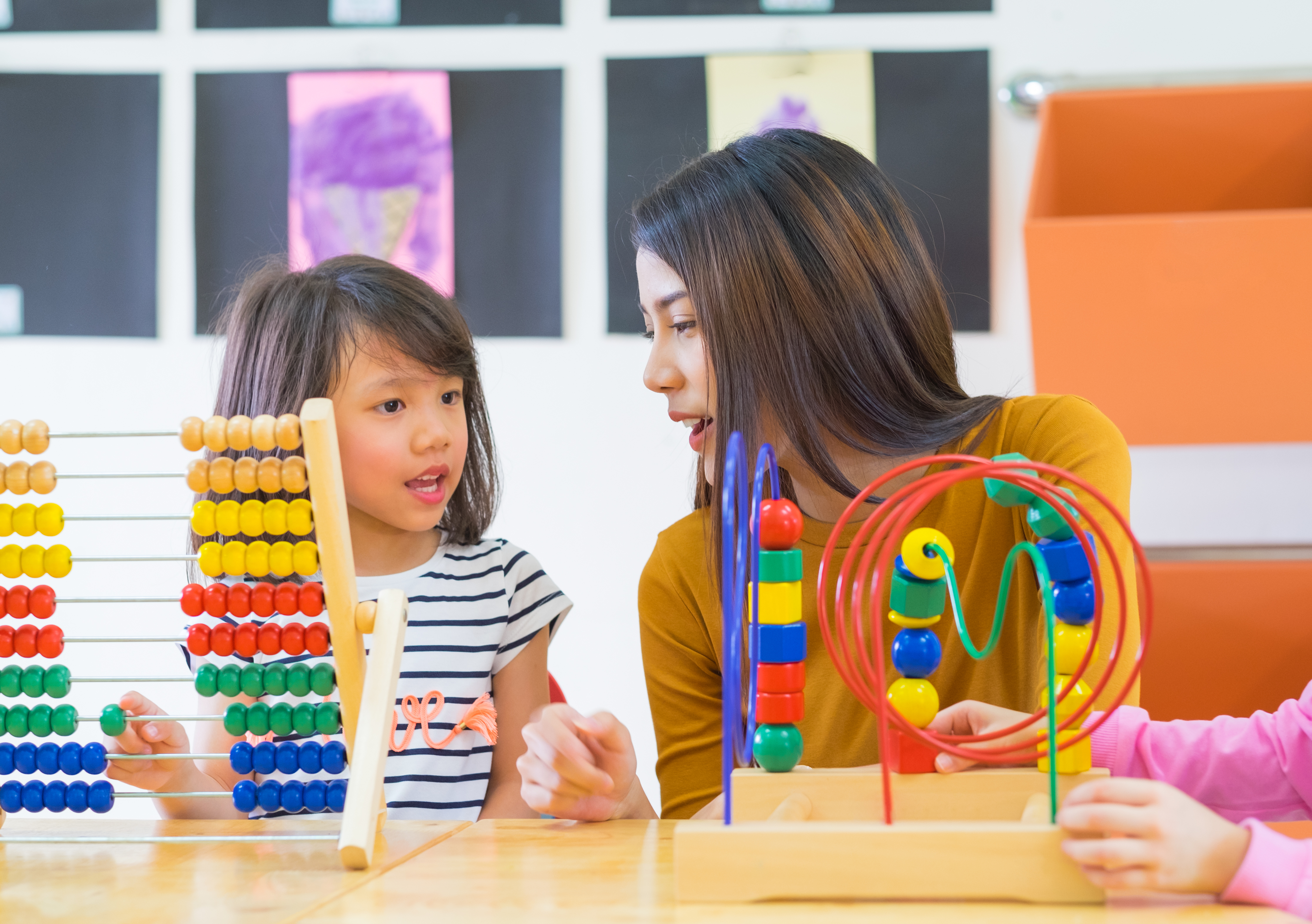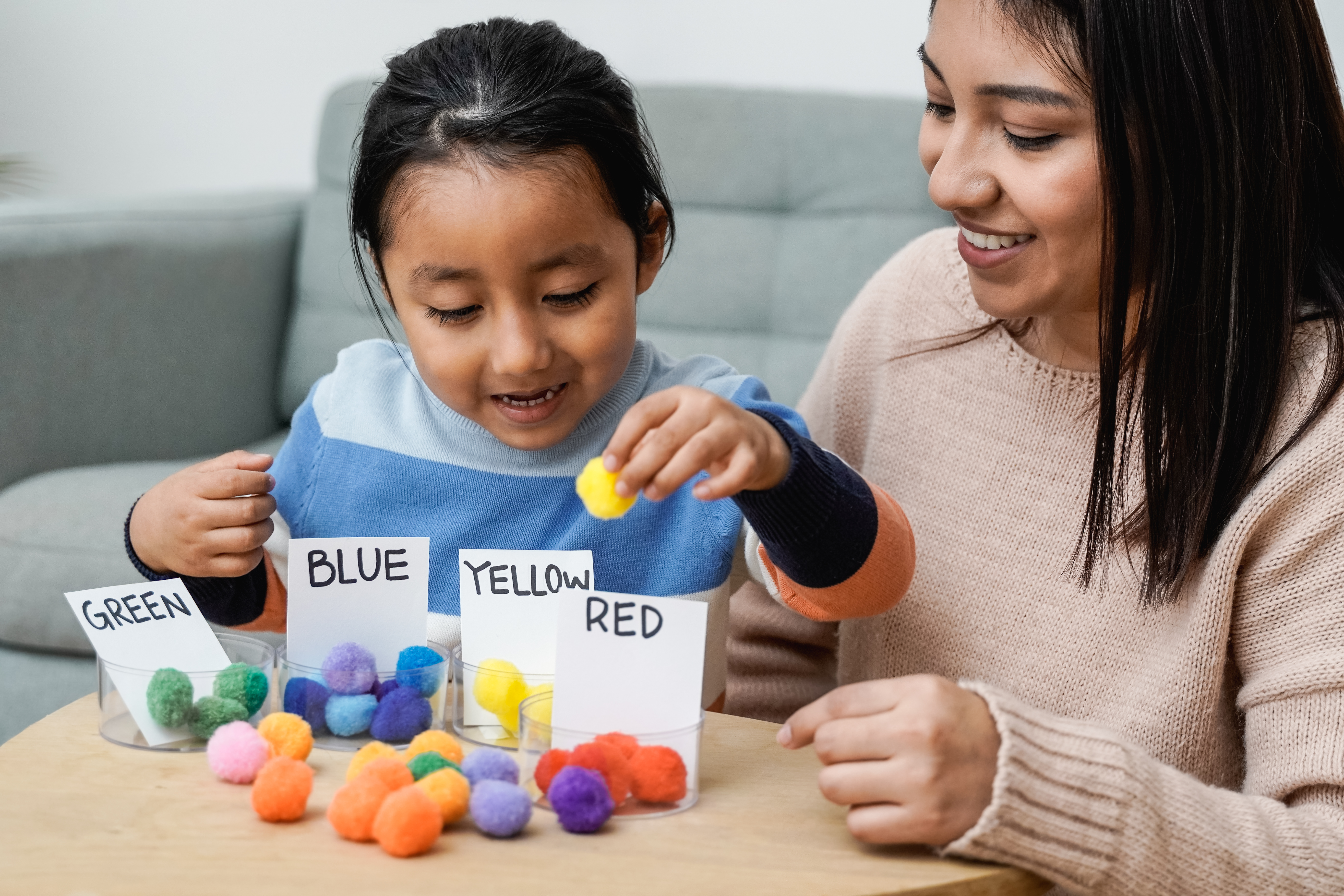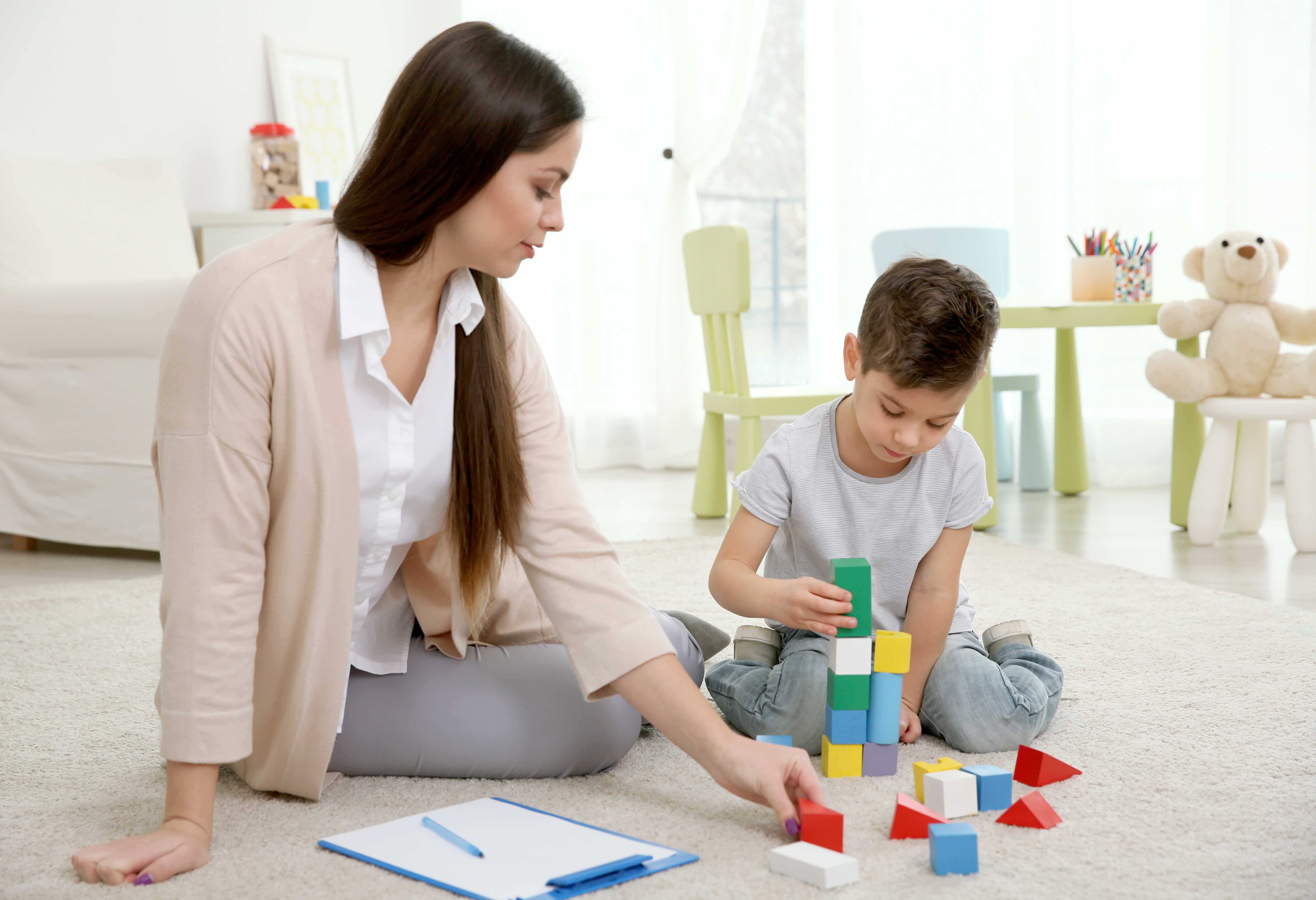The Most Effective Positive Behaviour Support (PBS) Strategies for Children

Parenting a child with autism can be both rewarding and challenging. Autism spectrum disorder (ASD) is characterised by a wide range of behaviours and challenges, and as parents, it’s essential to provide your child with the right tools and strategies to help them thrive. One of the most effective approaches for children with autism is Positive Behaviour Support (PBS). In this blog, we’ll explore some of the most effective PBS strategies to create a supportive environment for your child’s learning and growth.
Understanding Positive Behaviour Support (PBS)
Positive Behaviour Support is a holistic approach to understanding and addressing challenging behaviours in children with autism. Instead of focusing solely on the problematic behaviours, PBS seeks to identify the underlying causes and develop strategies to promote positive behaviours. It emphasises creating an environment that fosters growth, learning, and emotional well-being.
1. Communication is Key
Effective communication is vital for any child, but it’s especially crucial for children with autism. Many children with autism struggle with expressive and receptive language skills. To support their communication:
– Use visual aids: Visual schedules, PECS (Picture Exchange Communication System), and social stories can help your child understand routines and expectations.
– Be patient and clear: Use simple language and give your child time to process information. Avoid using figurative language or idioms that might confuse them.
– Encourage non-verbal communication: Some children with autism may find it easier to express themselves through gestures or alternative communication methods like AAC (Augmentative and Alternative Communication) devices.
2. Structured Routine
Children with autism often thrive in a structured environment. A predictable routine can help reduce anxiety and challenging behaviours. Create a visual schedule or use a timer to help your child anticipate transitions and activities throughout the day.
3. Reinforce Positive Behaviour
Positive reinforcement is a cornerstone of PBS. When your child exhibits positive behaviour, provide praise, and respond in a meaningful way to them to reinforce that behaviour. It’s essential to be specific with your praise. Instead of saying, “Good job,” say something like, “I like how you shared your toys with your friend.”
4. Understand Sensory Sensitivities
Many children with autism have sensory sensitivities, which can contribute to challenging behaviours. Pay attention to your child’s sensory triggers and try to create a sensory-friendly environment. This might involve providing sensory breaks, using sensory tools like fidget toys, or adjusting lighting and noise levels.
5. Collaborate with Professionals
Working with professionals, such as speech therapists, occupational therapists, and behaviour analysts, can be invaluable. They can provide tailored strategies and interventions to address your child’s specific needs.
6. Foster Social Skills
Children with autism often struggle with social interactions. To help them develop social skills:
– Arrange playdates: Encourage opportunities for your child to interact with peers.
– Teach social scripts: Provide your child with scripts or prompts for common social situations.
– Model appropriate behaviour: Demonstrate how to engage in conversations, share, and take turns.
7. Stay Informed
The field of autism research is continually evolving. Stay informed about the latest research and therapies and be open to trying new strategies that may benefit your child.
Parenting a child with autism comes with its unique challenges, but with the right Positive Behaviour Support plan, you can create a supportive environment that fosters learning and growth. Remember that every child with autism is unique, so it’s essential to tailor your approach to your child’s individual needs. With patience, love, and a commitment to using effective PBS strategies, you can help your child thrive and reach their full potential.
If you would like help building your child’s Positive Behaviour Support plan, or learning a bit more how you can incorporate these strategies and more into your home, please click here to get started with the Lizard Centre today.
Published On : September 15, 2023
Read more
Published On : September 15, 2023
In this blog, we'll explore some valuable tools and techniques to help parents of children with autism navigate their parenting journey with strength, resilience, and emotional balance.
Published On : October 26, 2023
In the world of autism therapy, parental involvement is key. At the Lizard Centre, we recognise the pivotal role parents play in their child's development.


